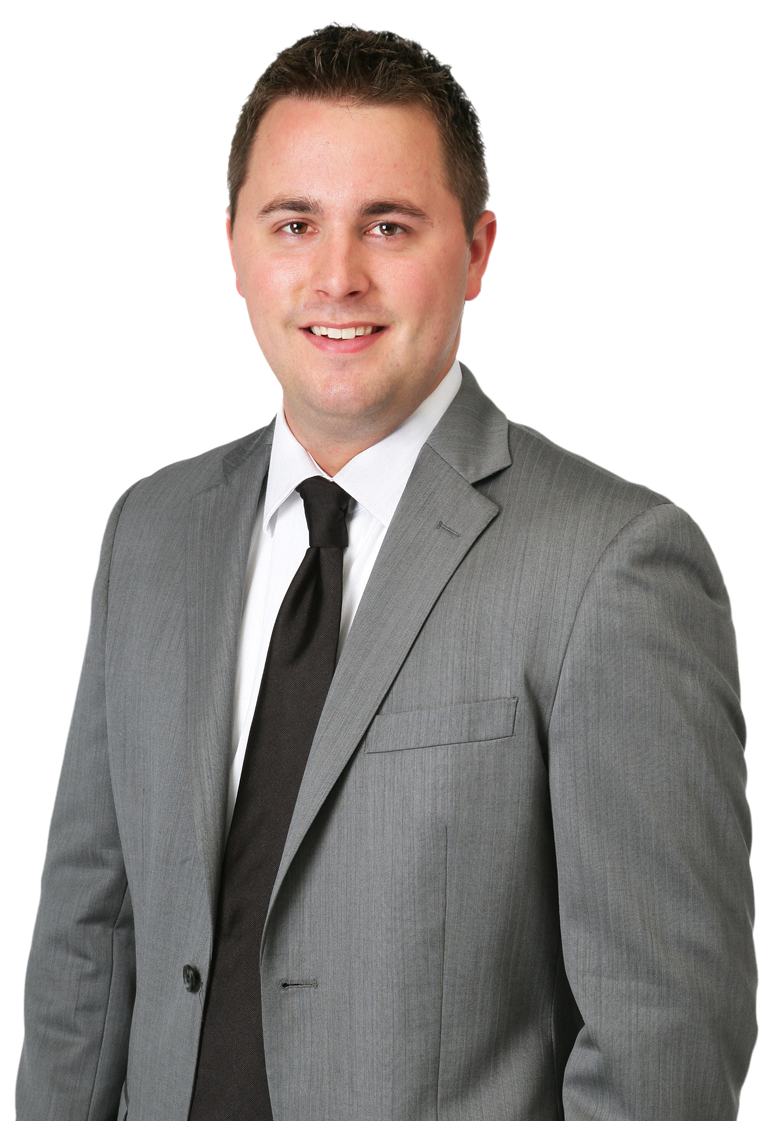Where the physical or mental state of a party to a lawsuit is in question, the Court can order that party to be examined by a health professional. If this person has already been examined, a second examination can be ordered if that would “even the playing-field” between the parties so that both sides are equipped with all the relevant evidence necessary to make their case. This does not mean that parties get a second kick at the can, however.
In a recent decision, Mitsis v. Holy Trinity Greek Orthodox Community of London,[1] the Ontario Superior Court of Justice provided a summary of the law. The case concerned a slip and fall. The Plaintiff, a piano teacher, alleged that she slipped on ice and snow on the Defendant’s premises causing serious injuries to her right shoulder and arm.
The Defendant was the first to have a medical examination carried out on the Plaintiff. It chose a physiatrist. Some time later, the Plaintiff conducted their own medical examination and retained an orthopaedic surgeon.
After receiving the Plaintiff’s report, the Defendant also scheduled an assessment with an orthopaedic surgeon but the Plaintiff refused to attend. The Defendant moved for an Order to compel the Plaintiff to do so. The Defendant argued that it should be permitted the opportunity to respond to the Plaintiff’s report with a similarly credentialed expert.
The Court reviewed the decision in Bonello v. Taylor,[2] where it stated that the overriding consideration with respect to ordering medical examinations is trial fairness. The Court reiterated that the decision must be fact-specific and outlined the following leading principles:
- The party seeking the order for a further examination must demonstrate that the assessment is warranted and legitimate, and not made with a view to delaying trial, causing prejudice to the other party, or simply corroborating an existing medical opinion:
- A request may be legitimate where there is evidence that
i. the party’s condition has changed or deteriorated since the date of a previous examination,
ii. a more current assessment of the Plaintiff’s condition is required for trial,
iii. the Plaintiff served specialist reports from new assessors after the Defendants had conducted their medical assessments, or
iv. some of the party’s injuries fall outside the expertise of the first examining health practitioner. - While there may be no need for a matching report, trial fairness should be the guiding principle in this area;
- A request for a second examination must be supported by sufficient evidence to persuade a court of the need for the further examination. What constitutes sufficient evidence will vary from case to case and is essentially an exercise of judicial discretion;
- While fairness may constitute a legitimate reason for ordering a second examination, someone with knowledge of the evidence in the case must provide evidence of unfairness for the court to consider; and
- A court should consider whether the request for a further examination would impose an undue burden on the Plaintiff.
The Court concluded that the Defendant was not entitled to a second medical examination. The Court found that it was evident from the Statement of Claim that the Plaintiff’s predominant injury was orthopedic in nature. Therefore, the Defendant had sufficient information at the time it retained its first expert about the medical specialty that would be appropriate for this case. The Court also found that there was no suggestion that the Defendant’s initial expert was unqualified despite being a physiatrist.
An important factor was that in many respects, both the Plaintiff’s expert and the Defendant’s expert agreed. This made the Court suspicious that the Defendant had hoped for a more favourable report from their expert and was now seeking a “mulligan”.
The Court reiterated the decision of the Divisional Court in Ziebenhaus (Litigation guardian of) v. Bahlieda,[3] which held that there is no “matching principle” when it comes to expert reports. The Defendant is not entitled to retain an orthopaedic surgeon simply because the Plaintiff has done so where they have already retained a medical expert.
The Court specified that it did not make this decision because a request for further examination would impose an undue burden on the Plaintiff. It emphasised that while medical examinations are intrusive, they must be endured as part of the litigation process.
While a Defendant may be entitled to one medical examination as of right, there is not a carte blanche for further examinations simply because the Plaintiff has delivered a report from a different specialist. This decision once again confirms the importance of carefully choosing which experts to retain and the timing of this decision.
[3] 2014 ONSC 138 aff’d 2015 ONCA 471.
